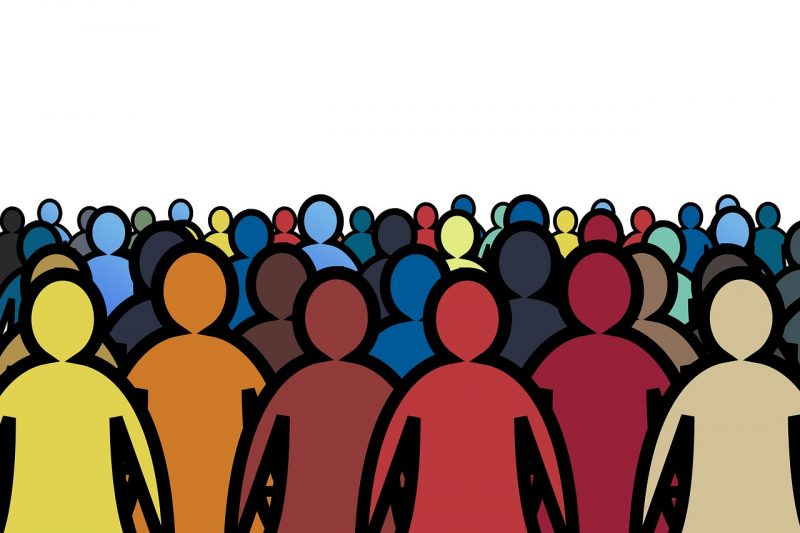Expressive Individualism and the Death of Mental "Illness"
In a world based around identity, even our psychological ailments are tokens of social meaning.
Everyone who knows anything at all knows you must never attribute someone’s character or behavior to their identity. It is universally agreed in polite society that no person is ever good or bad at something because of their gender, or their race, their family, sexuality, etc. To indulge in this reasoning is at best a crude stereotype, at worst an expre…



